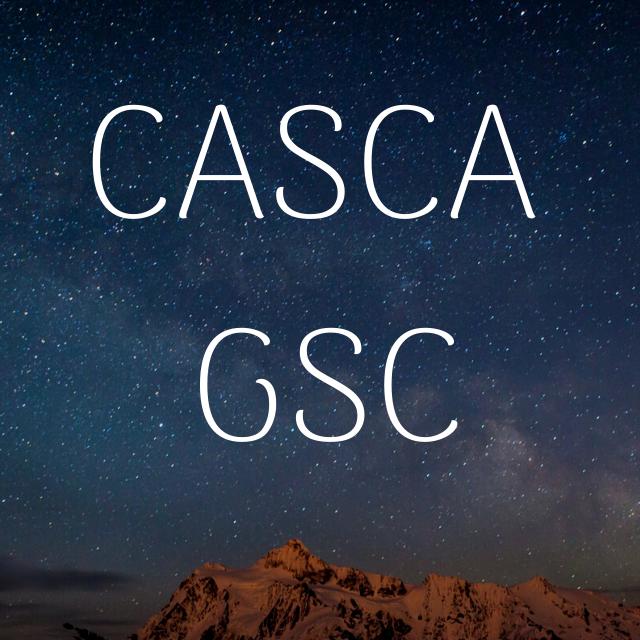
Graduate Student Committee

A bit about CASCA and the GSC
Canadian Astronomical Society
The Canadian Astronomical Society was founded in 1971 and incorporated in 1983 as a society of professional astronomers. The society is devoted to the promotion and advancement of knowledge of the universe through research and education. Membership is open to persons with a professional involvement with these goals in astronomy and the related sciences. The main activities of the Society are its annual scientific meetings, the planning and realization of scientific projects, the support of the scientific activities of its members, and the dissemination of related information among members and other interested persons.
Graduate Student Committee
The Graduate Student Committee, or GSC, was formed in 1998. It’s mandate is to reflect the views of, and address issues important to, graduate students across Canada. The GSC consists of representatives of each institution in Canada which has a graduate program in astronomy and chooses to participate as well as an elected committee Chair and Secretary. The job of the Chair is to represent the views and concerns of the committee to the CASCA Board of Directors, while the Secretary records minutes and ensures proper documentation of the GSC’s activities.
Our Activities
Since February 2020, the GSC had chosen one graduate student a month.
We highlight their work in approximately 300 words and one image on our social media (Facebook, Instagram, Twitter: handle casca_gsc).
Additionally, we post their profile on our website dedicated to their achievements: Graduate Student Highlights.Jessica Campbell; September 2020
Jessica’s research focuses on the multiphase nature of our Galaxy’s magnetic field and how it connects between different phases of the interstellar medium (ISM). Whether it is the turbulent warm ionized medium (WIM) that fills much of the Galaxy or the cold neutral medium (CNM) often found in sheets and filaments, this complex ISM is permeated with high energy cosmic rays and magnetic fields.
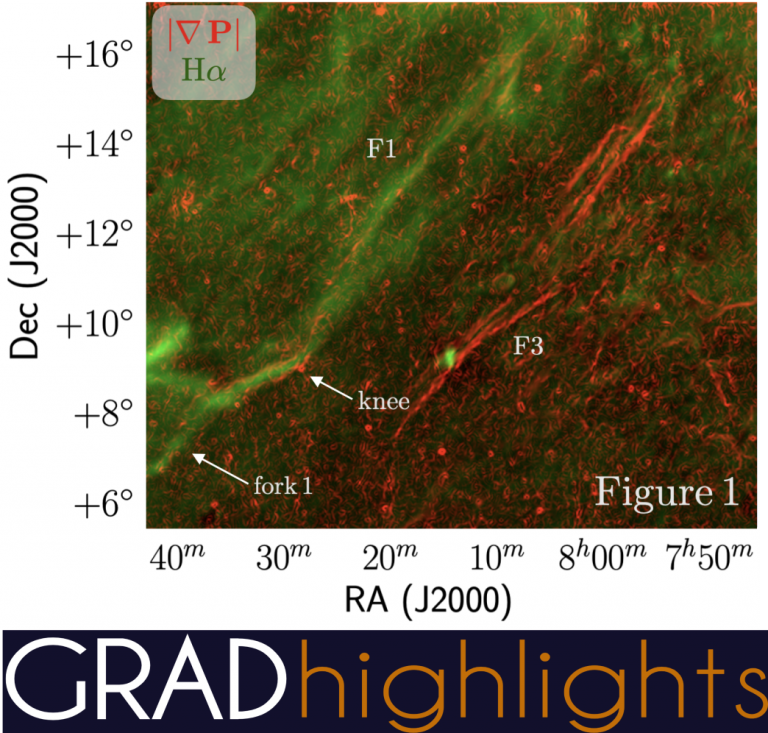
The goal of these quarterly seminars is to highlight the opportunities provided to Canadian graduate students by the many and diverse astronomical observatories located in Canada or heavily involved in Canadian astronomy. During each session, an observatory will present its telescopes, instruments, and personnel.
Since the goal is to bolster graduate student involvement at these institutions, the observatories will focus on how graduate students can implicate themselves in the observatory through research projects and/or observation time proposals.
You can find more information here: CAnadian Telescope Seminars
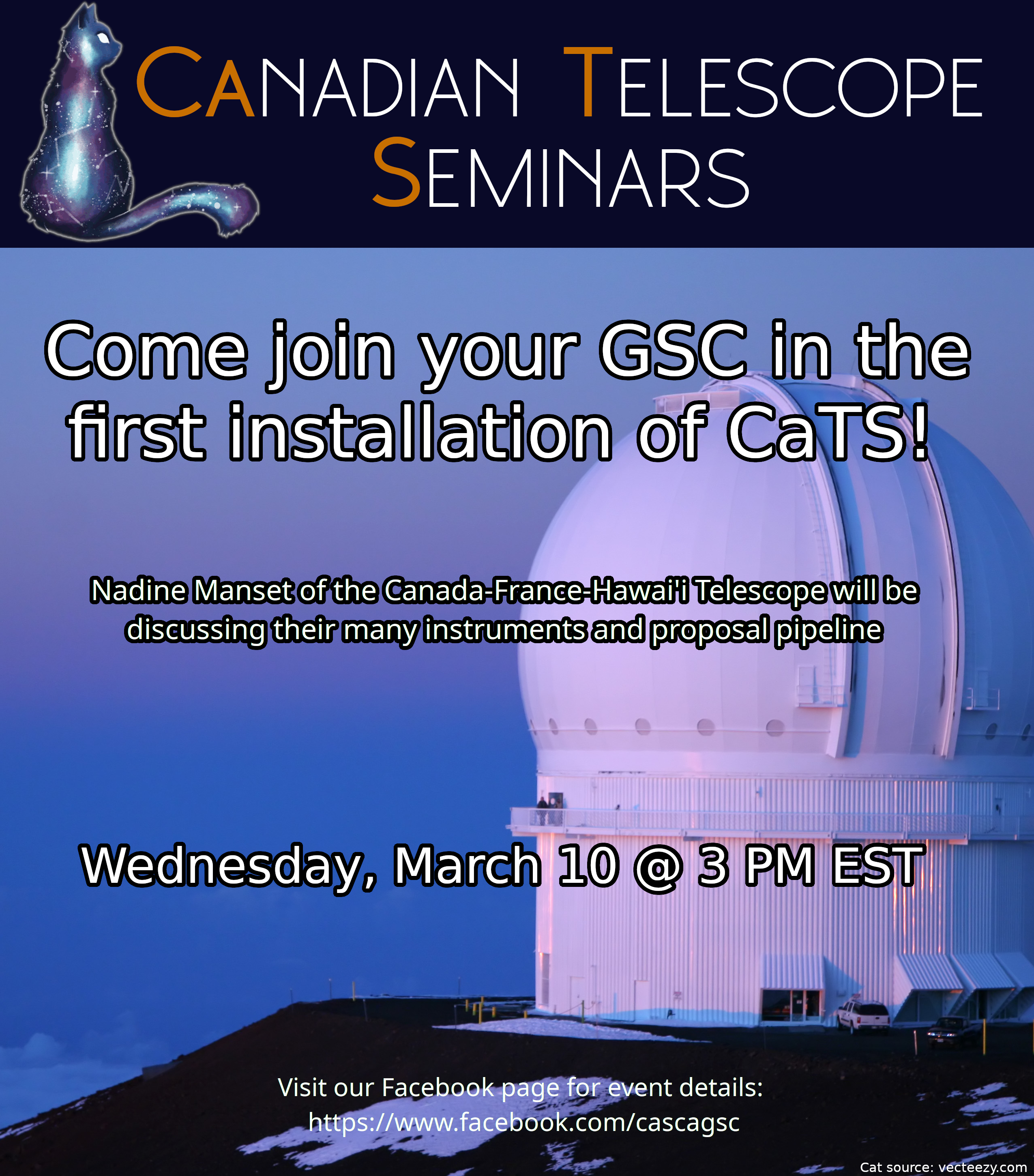
| # | Date | Observatory |
|---|---|---|
| 1 | 03/10/2021 | Canada-France-Hawai'i Telescope (CFHT) |
| 2 | 04/28/2021 | James Clark Maxwell Telescope (JCMT) |
| 3 | 05/19/2021 | Square Kilometer Array (SKA) |
| 3 | 06/16/2021 | Cosmological Advanced Survey Telescope for Optical and ultraviolet Research (CASTOR) |
| 4 | Mid-July | Gemini Observatory |
You can find more information at the CANVAS website.
Take a look at the CANVAS presentation by Myriam Prasow-Émond!
At the 2019 CASCA AGM, a motion was passed to recommend that departments adhere to a coordinated deadline for acceptance of the first round of graduate school offers (no earlier than February 28). You can find the official recommendation on the GSC’s website.
Having a synchronized deadline to respond to the first round offers to graduate schools enables new graduate students to make the most informed decisions concerning their career choice. However, being only a recommendation, it is the choice of the individual departments whether they adopt this approach. The support of the graduate student body (represented by the GSC) was key to CASCA being able to make this recommendation. Likewise, the ongoing support from students will be critical in its successful implementation.
In order to address the ongoing pandemic, the GSC decided to hold a town hall in July for all graduate student members of CASCA. During this hour-long event, we discussed ways graduate students could help themselves, each other, and ask for help from supervisors.
The GSC took place in Movember -- an organization/drive to support men’s mental health. In addition to running an hour-long event on the subject, we had a team that secured nearly $1000 in donations.
This is an informal opportunity to bring graduate students from around the country together to have a coffee, discuss research, pets, or whatever! The goal is to give graduate students a way to socialize with their peers in a relaxed setting. Faculty members, postdoctoral researchers, research associates, and friends/family are more than welcome to attend these events.
Every year, the GSC hosts the Graduate Student Workshop at the CASCA Annual General Meeting. This year we will be virtually hosting a day full of events! We will kick the day off with a seminar on mental health in the ongoing COVID-19 crisis among graduate students. After a business meeting, we will take part in an industry round table on how astronomy graduate students can transition from academia. After a short break, we will host a 5 à 7!
Representation
Chair
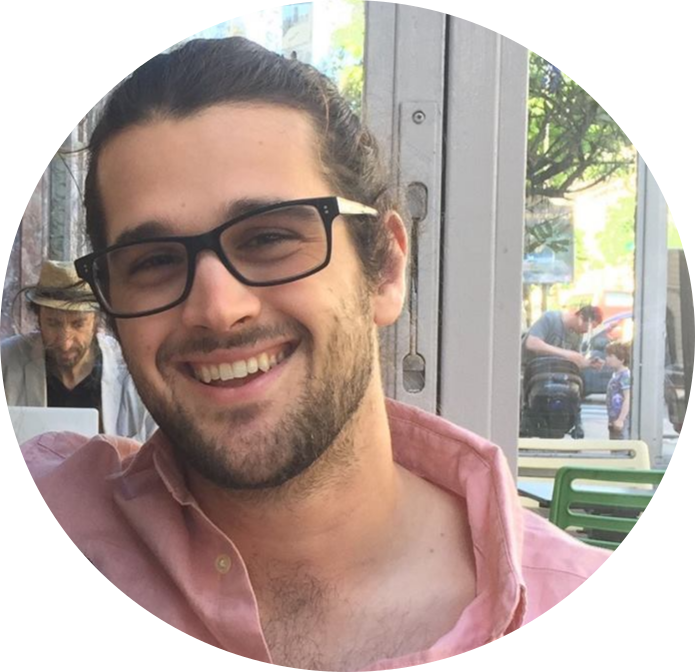
Co-Chair

EPO Rep
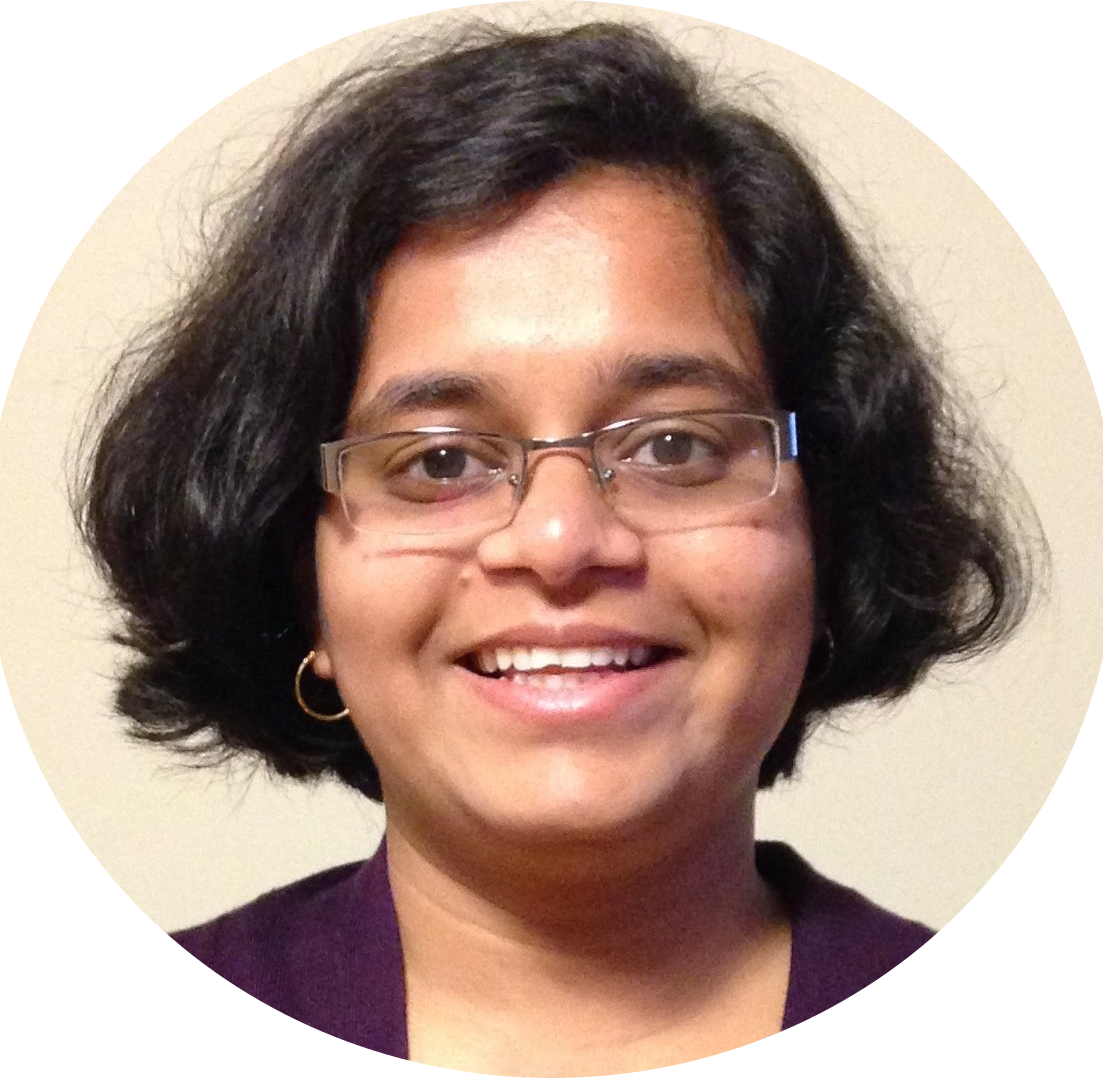
EIC
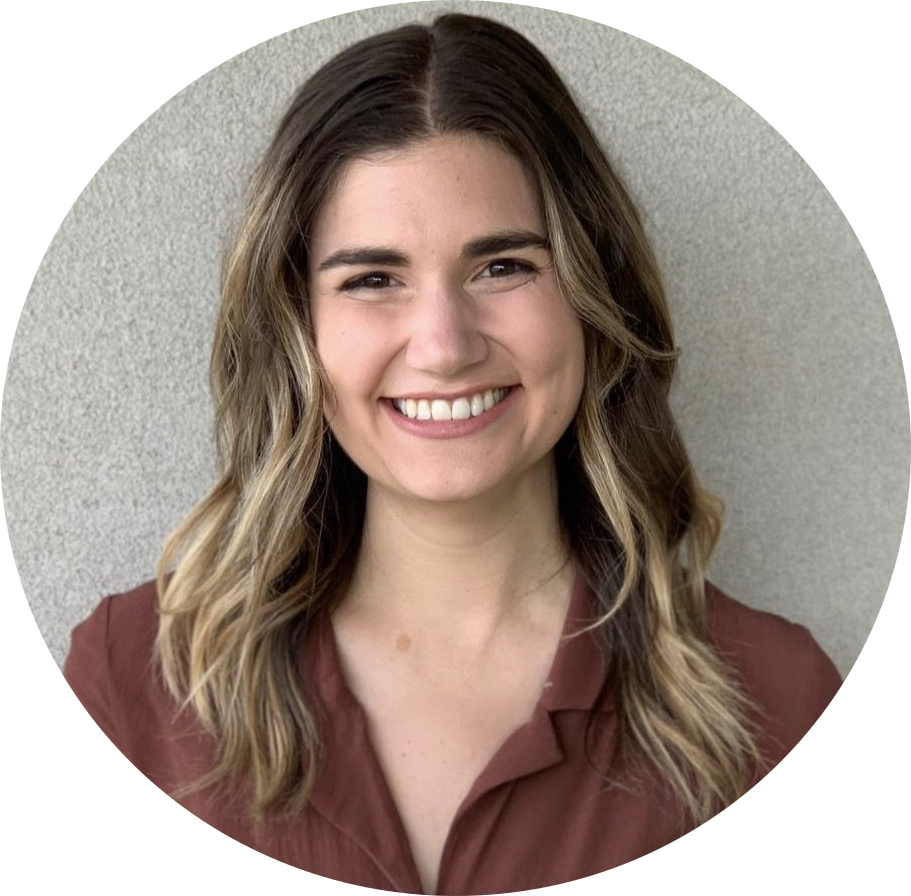
Sustainability
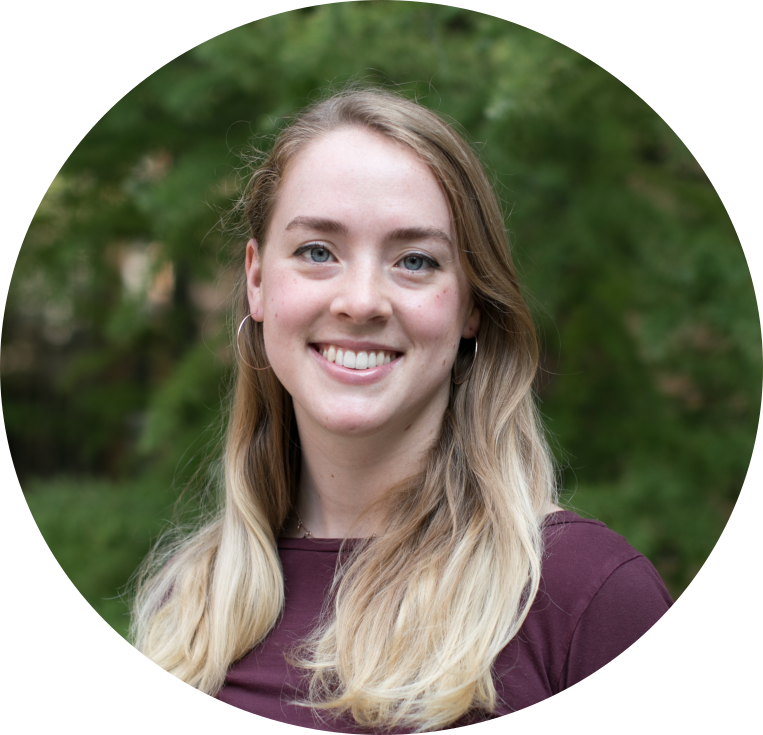
| Saint Mary's University | University of Moncton |
| McGill University | Bishop's University |
| l'Université de Montréal | Université Laval |
| University of Toronto | Queen's University |
| York University | University of Waterloo |
| McMaster University | University of Western Ontario |
| University of Manitoba | University of Alberta |
| University of Calgary | University of British Columbia |
| University of Victoria |
Feel free to reach out to us via our social media accounts (Facebook, Instagram, Twitter: handle casca_gsc).
You can find us on our website: CASCA GSC
You can also email us at cascagsc@gmail.com!